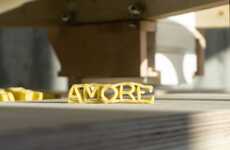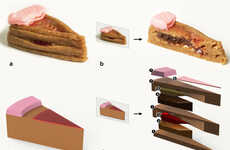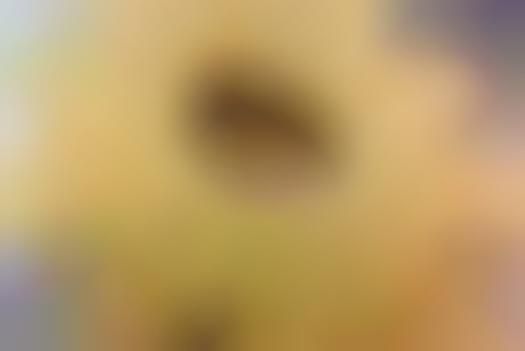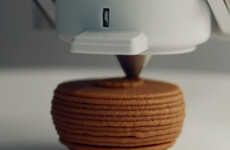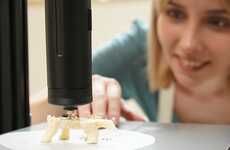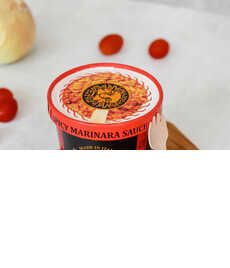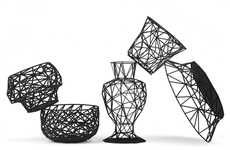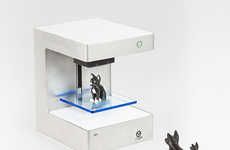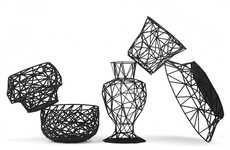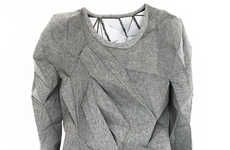
Employees at Google Mountain View Office Get to Enjoy Printed Foods
Katherinev123 — August 21, 2012 — Lifestyle
Printed technology is expanding across industries, and now it's reaching the food sector with 3D-printed pasta, as championed by Chef Bernard Faucher at Google's office in Mountain View, California. Here, employees can enjoy 3D-printed pasta, which are made using 3D printing machines in the company kitchens. According to PSFK, Chef Bernard Faucher uses the 3D printing machines to create customized food options for Google staff.
While 3D printers typically use concrete or plastic as the main component, Chef Faucher uses pasta dough or past shells in his 3D-printed pasta, reports MediaPost. During the printing process, Chef Faucher is further able to control the cooking temperature and time as they correspond to particular foods, such as meat and vegetables. What's more, approximately 75 percent of the ingredients used by Google's kitchens are grown locally.
While 3D printers typically use concrete or plastic as the main component, Chef Faucher uses pasta dough or past shells in his 3D-printed pasta, reports MediaPost. During the printing process, Chef Faucher is further able to control the cooking temperature and time as they correspond to particular foods, such as meat and vegetables. What's more, approximately 75 percent of the ingredients used by Google's kitchens are grown locally.
Trend Themes
1. 3d-printed Food - Printing technology is expanding into the food sector with 3D-printed pasta, paving the way for a new era of customizable dining.
2. Customized Food Options - 3D printers are being utilized to create personalized food options, which can lead to more efficient and higher quality meal services.
3. Controlling Cooking Temperature - The ability to control the cooking temperature and time during the printing process can result in greater precision, consistency, and better quality in food preparation.
Industry Implications
1. Foodservice - 3D-printing technology can revolutionize the foodservice industry by providing a way to create customized dishes that cater to specific dietary needs and preferences.
2. Technology - The incorporation of 3D printing technology in the food sector is a prime example of how disruptive innovation is shaping the technological landscape.
3. Agriculture - The trend towards using locally-sourced ingredients combined with 3D printing technology may lead to further innovation in the agriculture industry.
3
Score
Popularity
Activity
Freshness

